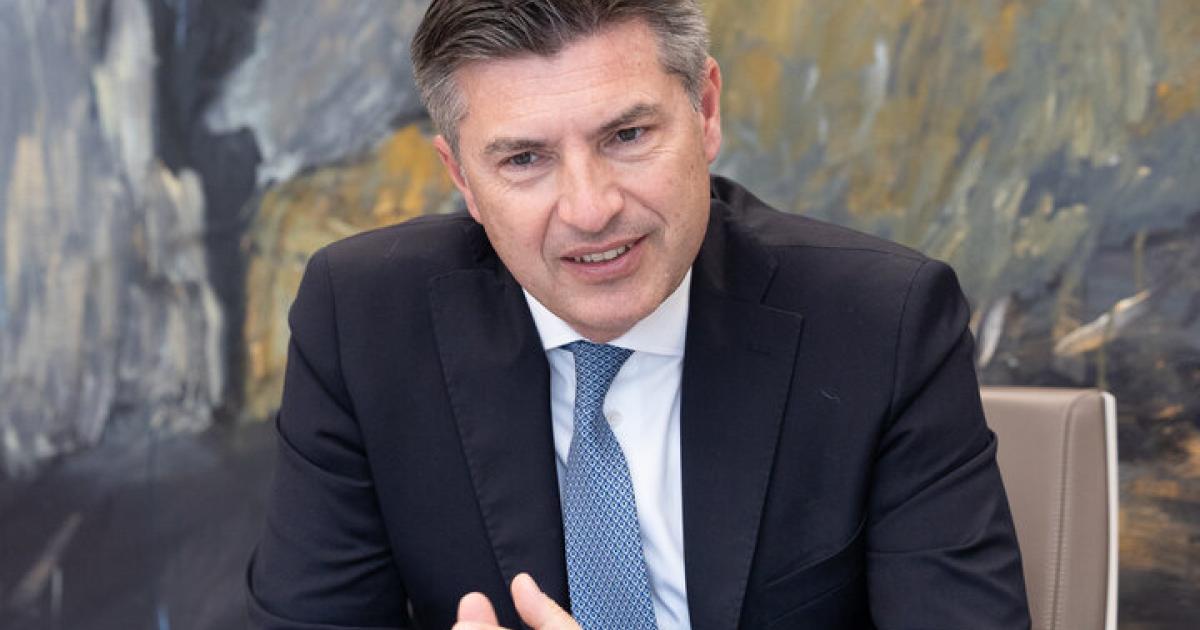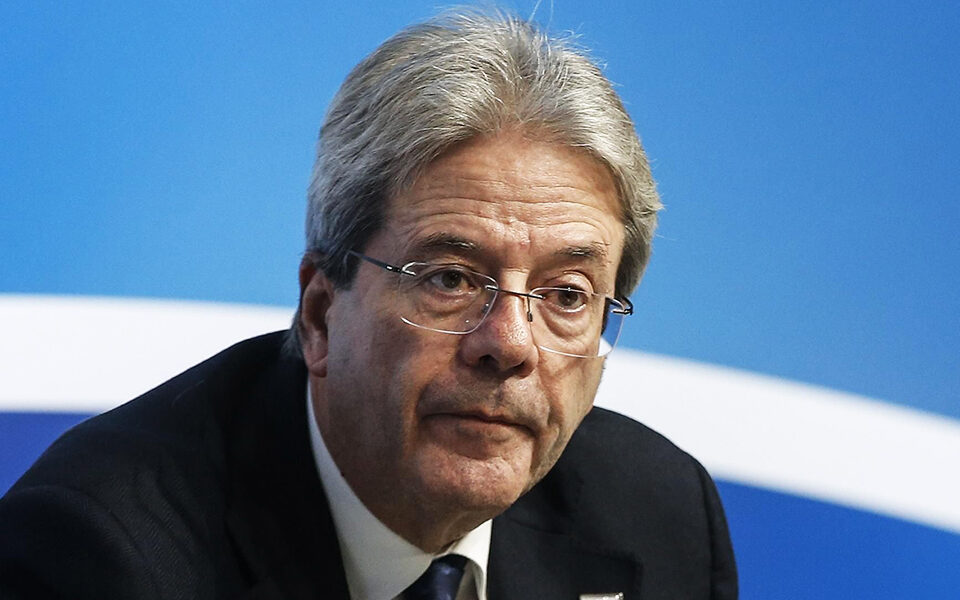In an interview with banker Robert Zadrazil, Country Manager Austria at UniCredit, we find a bank that takes sustainability and ESG (Environmental Social Governance) seriously. The conversation takes place against the backdrop of rugged mountain peaks and glaciers, with a large picture by artist Herbert Brandl setting the tone for a discussion about climate goals and sustainable business practices.
Zadrazil emphasizes that sustainability is one of the bank’s top strategic priorities, along with navigating the current economic challenges faced by SMEs, family businesses, and long-standing customers. He sees the bank’s role as finding solutions and providing support to build trust and loyalty among clients.
Real estate financing is currently challenging for UniCredit Bank Austria, but Zadrazil expresses confidence in the bank’s selective approach to commercial real estate projects. While they may have lost some market share, the focus has been on projects that align with their sustainability goals.
Sustainability and ESG are integrated into all aspects of the bank’s operations, affecting core business activities, financing and investment products, risk management, and even the bank’s own environmental impact. Zadrazil explains that the bank has set ambitious goals for reducing its carbon footprint and is committed to ongoing improvements in sustainability strategies.
UniCredit Bank Austria has been recognized as a “pioneer” in climate protection by the WWF banking study, and the bank is actively involved in initiatives like the “Climate Hours” climate initiative by KURIER and Glacier. These efforts reflect the bank’s dedication to promoting sustainability both internally and in the wider business community.
The growing importance of sustainability as a criterion for future success in the market is highlighted by Zadrazil. He notes that companies will need to adapt to meet climate goals and ESG guidelines in order to remain competitive. The pressure for change, Zadrazil hopes, will come from business owners and entrepreneurs who recognize the opportunities and advantages that sustainable practices can offer, in addition to fulfilling social



